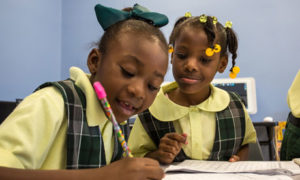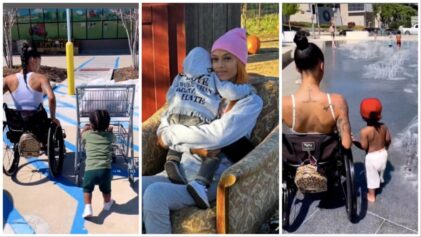For parents already looking toward next summer and wondering what they can do, here are some suggestions from the experts for stopping summer slide:
* Make it a priority to be engaged with what your kids are doing during the summer.
* Go to your local public library on a regular basis and check out books.
* Buy inexpensive academic activity books at stores like Target and Walmart.
* Look for engaging resources in your neighborhood — museums, book stores and art galleries.
* Share resources with other parents. For instance, pool your funds and buy a stack of summer reading books, then have your children pass them around. This will give each child motivation to finish the book within an allotted amount of time to pass it on to the next child. Perhaps form a book club to get the children together to discuss the books on a regular basis.
* Have your child read aloud to you for at least five to 10 minutes a day. Perhaps you and the child can take turns reading aloud. Ask the child questions before, during and after the reading.
* Parents should also read on their own to model the behavior they’d like to see in their children — perhaps establish family reading time.
* For math, there are great websites such as ixl.com, where your child can review the curriculum for each grade level, broken down by state, or the Curiosity Machine, where your child can tackle engineering challenges. There are also many math apps you can find for mobile devices.
* Try to infuse math into everyday activities, for example, have your child help you measure ingredients when you’re cooking.
* For summer programs targeting students below proficiency, research from the Rand Corp. suggests incorporating three to four hours a day of instruction and support to help with remediation.
* A summer learning program is only effective if the kids want to participate, so it should be as much fun as possible.
* Kids need chances to build their confidence in a variety of ways beyond academic, so it’s important for programs to have elements such as sports, arts and leadership.



